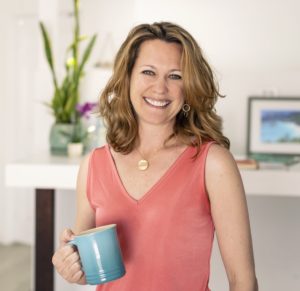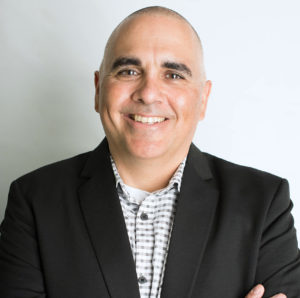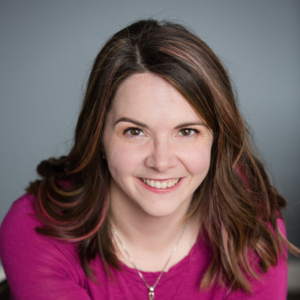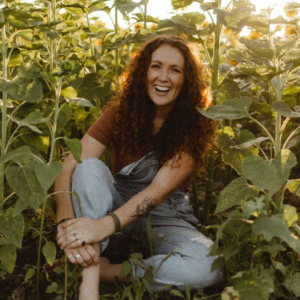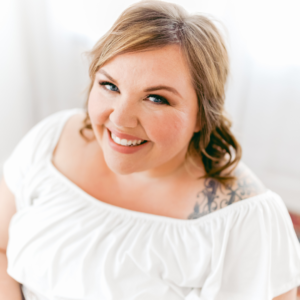So, when I first started to bring guests onto Pep Talks for Side Hustlers, I had to be the one to hustle and invite people onto the show.
It all started with me inviting a few people that had spoken at a conference that I’d also spoken at, and then I got a little more strategic and started to invite people who had the audience that I wanted to get in front of, and then I must have reached some magical tipping point in the podcasting world, because people started pitching me to be a guest on the show.
And I was like “Wait, what? You want to talk to me on my little old show? Okay, let’s do it!” So I started saying yes to conversations with all these strangers, which was a little scary at first, I’m not gonna lie.
But it’s been the most transformational thing for me because I get to pick the brains of people who ARE where I want to be.
And it’s a great opportunity for my guests to get in front of a whole new set of people for the price of a fun, one-hour conversation with me.
And then you get the benefit of learning from our conversation!
It’s a total win-win-win.
So I still invite people that I want to build relationships with onto the show, but I also get a TON of pitches… and some are amazing that make me really excited to say yes… and others are not so amazing that make me definitely say no.
So if getting in front of an audience of hundreds or even thousands of your ideal client for the price of a conversation sounds appealing to you, and you want to know what makes a podcast host like me say yes to your pitch in a heartbeat (or tell you no, I don’t think you’re a good fit for my show), then today’s episode is for you.
My guest today is Kelly Glover of The Talent Squad, and she specializes in booking podcast tours for entrepreneurs. Kelly is here today to teach you how you can use podcast guesting as a vehicle to strengthen your personal brand and gain credibility, authority, and influence – and how you can get podcast hosts to say YES to your pitch.
Today we’re talking about:
- Kelly’s journey to build a podcast booking agency.
- The benefits of being a podcast guest
- Two secrets of pitching podcasts
- What to do after the podcast airs.
- Why downloads aren’t a true indicator of success for a podcast
- How to know when it’s time to move from pitching yourself to hiring an agency to pitch you.
- Kelly’s best advice for you if you’re struggling to grow their side hustle.
- The one belief Kelly had to change about herself to get where she is today.
My favorite quotes from Kelly:
- “Always bring your best and be your real self.”
- “There's no copy-and-paste pitches that will ever work.”
- “Another benefit of podcasting is the more you do them, the more you understand your own messaging.”
- “Everyone is their own personal brand. No one is you, so don't let that stop you. Don't put up any roadblocks, don't let it stop you. Just get started.”
Resources mentioned in this episode:
Bio:
Kelly Glover specializes in booking podcast tours for entrepreneurs and authors. She started podcasting in 2007 and has an 18-year track record working in media and talent management. She hosted her own syndicated radio show, worked as a talent agent, celebrity interviewer, and has produced award-winning podcasts. Kelly is the founder of The Talent Squad and is here to teach the benefits of the podcast guesting strategy, and how you can not only get ready to pitch and get booked but also how to actually ace your interview.

